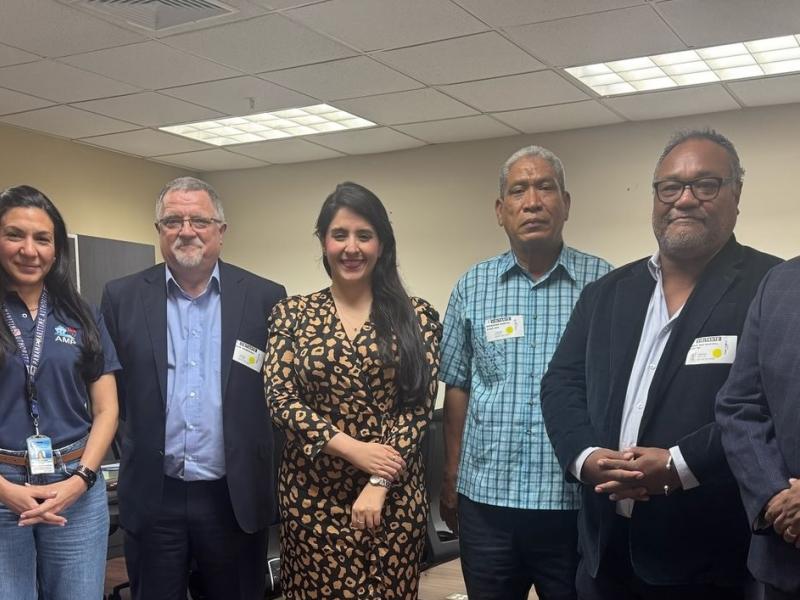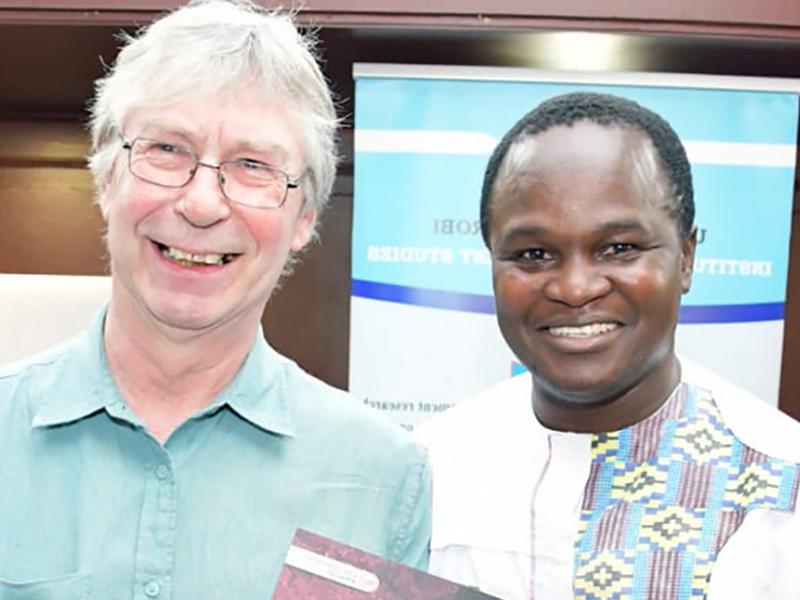Unions are stepping up the pressure on development agencies to ensure workers’ rights, especially those of women, are at the core of their work across the world.
The newly launched, The labour and gender related safeguard frameworks of International Financial Institutions, by the International Transport Workers’ Federation (ITF) lays out the principles that development banks must condition their funding and technical support on to ensure their projects comply with basic human rights and international labour standards, improving the status of women working in transport.
Development banks, or International Financial Institutions (IFIs), including the World Bank, provide various forms of investment to governments, public entities and private companies in low and middle-income countries, to reduce poverty and grow their economies. IFIs finance a large number of transport development projects across the world, but it is essential to ensure that, in funding a new project, banks enforce standards that promote the rights of workers, especially women workers. Each IFI has their own set of safeguards which are meant to lay out environmental and social standards that borrowers need to meet in order to receive finance.
“Unions can use this safeguard framework to ensure development banks protect and uphold workers’ rights where women’s rights are central, not a blind spot,” said Jodi Evans, the ITF’s Women Transport Workers and Gender Equality Officer. “And they can use existing safeguards to pressure transport companies into better respecting worker rights. This toolkit will help them do that by providing an understanding of IFI safeguards, and offering a range of case-studies where unions have already seen success.”
Union action continues to be essential as billions are invested in transport projects around the world. Despite safeguards, IFI-funded projects have sometimes had extremely detrimental effects on people and the environment. For example, in the 1980s, the World Bank-funded Narmada dam project in India displaced 140,000 people. More recently, the World Bank cancelled a road building project in Uganda after local communities complained about the sexual abuse of girls by construction workers and the sexual harassment of female project employees.
Explicit protection for women
“The rights of women are poorly supported in the transport industry and few IFI safeguards explicitly protect women workers,” said Evans. “Gender segregation has created major problems for modern transport. Discrimination built into transport systems (such as poor provision of sanitation facilities) means women are more likely to be in low-paid jobs like ticket-sellers, and less likely to be bus or train drivers. The prevalence of violence and harassment is a major factor in the systemic exclusion of women from decent jobs.”
“IFIs often bundle up women with other vulnerable groups such as children and the elderly,” she said. “This fails to meaningfully engage with gender-specific issues such as violence and harassment or gender-based occupational segregation.”
IFI safeguards exist due to decades of pressure from trade unions and others, Evans pointed out. We must continue to push for stronger safeguards, especially in the area of labour and gender.
“International Labour Organization (ILO) standards already exist to protect workers’ rights, including the right to freedom of association and collective bargaining,” she said. “We want to see gender-responsive due diligence, contracts and monitoring as a matter of course. In particular, we would like to see the banks adopting ILO convention C190 protecting against violence and harassment in the world of work. This, we believe, would be a significant step in making better the lives of many women who work in transport.”



